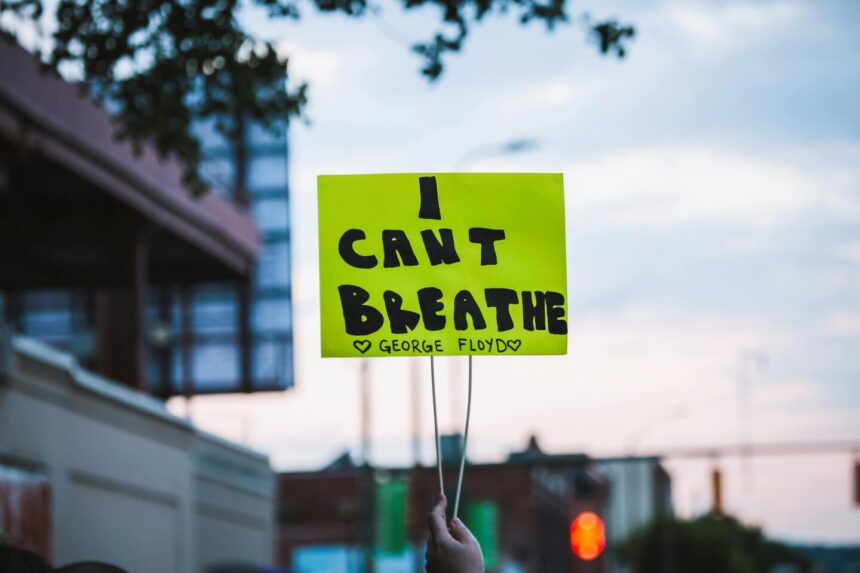When it comes to shaping effective public policy, informed analysis, critical voices, and expert insights play indispensable roles. They help policymakers avoid blind spots, frame better strategies, and foster transparency. This SEO-friendly deep dive explores how various types of opinion matter in policy, with real-world frameworks and evidence-based examples supported by recent research.
- 1. Expert Opinions: Guiding Precision and Forecasting
- Forecasting & Consensus: The Delphi Method
- Diverse Expertise Fosters Balanced Decisions
- Expert Impact on Public Behavior
- 2. Balancing Analysis with Critique
- Argumentative Turn: Rethinking Policy Analysis
- Policy Criticism: A Critical Necessity
- Systematic Reviews — Strengths & Limitations
- 3. Insights into Opinion Formation and Public Engagement
- 4. Deliberation, Democracy, and Public Contribution
- 5. Translating Theory into Practice: Majone’s Toolkit
- Summary: How Opinions Can Shape Policy Intelligence
- Final Thought
1. Expert Opinions: Guiding Precision and Forecasting
Forecasting & Consensus: The Delphi Method
The Delphi method structures expert opinions through multiple anonymous rounds, allowing participants to adjust their views based on feedback. Particularly valuable when empirical data is lacking, it helps produce informed policy forecasts and reduces groupthink.
Diverse Expertise Fosters Balanced Decisions
Engaging experts from different fields (e.g., ecology, sociology, hydrology) reveals differing priorities. For example, sociologists may prioritize certain ecosystem services over environmental scientists. Such divergence enhances policy evaluation by bringing multiple lenses to bear.
Expert Impact on Public Behavior
In Hong Kong during COVID-19, aligned expert opinion and government messaging positively influenced vaccination uptake. However, when expert views conflicted with policy, their influence waned—highlighting the importance of cohesion.
2. Balancing Analysis with Critique
Argumentative Turn: Rethinking Policy Analysis
The argumentative turn in policy-making emphasizes rhetoric, justification, and presentation over purely technocratic methods. It urges analysts to integrate empirical data with normative context, ensuring arguments resonate ethically and politically.
Policy Criticism: A Critical Necessity
Effective critique doesn’t just question policy; it pinpoints gaps in fairness, cost-benefit logic, and outcome efficacy. Robust criticism is pivotal for improving policies and suggesting better alternatives.
Systematic Reviews — Strengths & Limitations
Systematic reviews are often considered the gold standard in evidence aggregation. However, critics argue their utility may diminish when studies lack cultural, socioeconomic, or application context—particularly in low-resource settings.
3. Insights into Opinion Formation and Public Engagement
When Experts and Public Diverge
Studies show that economists often share a strong internal consensus—yet public beliefs diverge on topics like inflation, price gouging, or economic interventions. Effective communication must address this “expert-public gap.”
Gateway Belief Model
When the public perceives a strong expert consensus, they are more likely to align with that belief—especially on contentious issues like climate change or vaccines.
4. Deliberation, Democracy, and Public Contribution
Deliberative Democracy: Voices in Policy-Making
Deliberative democracy emphasizes informed, structured public discourse over direct voting. Through small, representative forums, participants can deeply explore policy issues to inform just decisions.
Public Consultation: Enhancing Legitimacy
Mechanisms like public hearings and citizen juries give the public a tangible role in policy formation. These tools build transparency and ensure diverse perspectives inform governance.
5. Translating Theory into Practice: Majone’s Toolkit
In Evidence, Argument, and Persuasion in the Policy Process, Giandomenico Majone outlines how policy analysts should:
- Evaluate evidence through multiple lenses
- Craft arguments suited to different audiences
- Persuasively present arguments grounded in logic and empathy
Summary: How Opinions Can Shape Policy Intelligence
| Purpose | Role in Policy |
|---|---|
| Expert analysis | Forecasting (e.g., Delphi), balanced judgements across disciplines |
| Critical opinions | Identifying limitations, ethical scrutiny, and contextual gaps |
| Public engagement | Legitimizing policy, democratizing input, and bridging expert-public gaps |
| Effective argumentation | Combining evidence with persuasion that resonates with policymakers and citizens |
Final Thought
In policy discourse, clarity comes not from consensus alone—but from rigorous questioning, diverse expert input, and authentic dialogue. Critique and analysis, alongside thoughtful delivery, are how policies become not just effective—but equitable and enduring.






